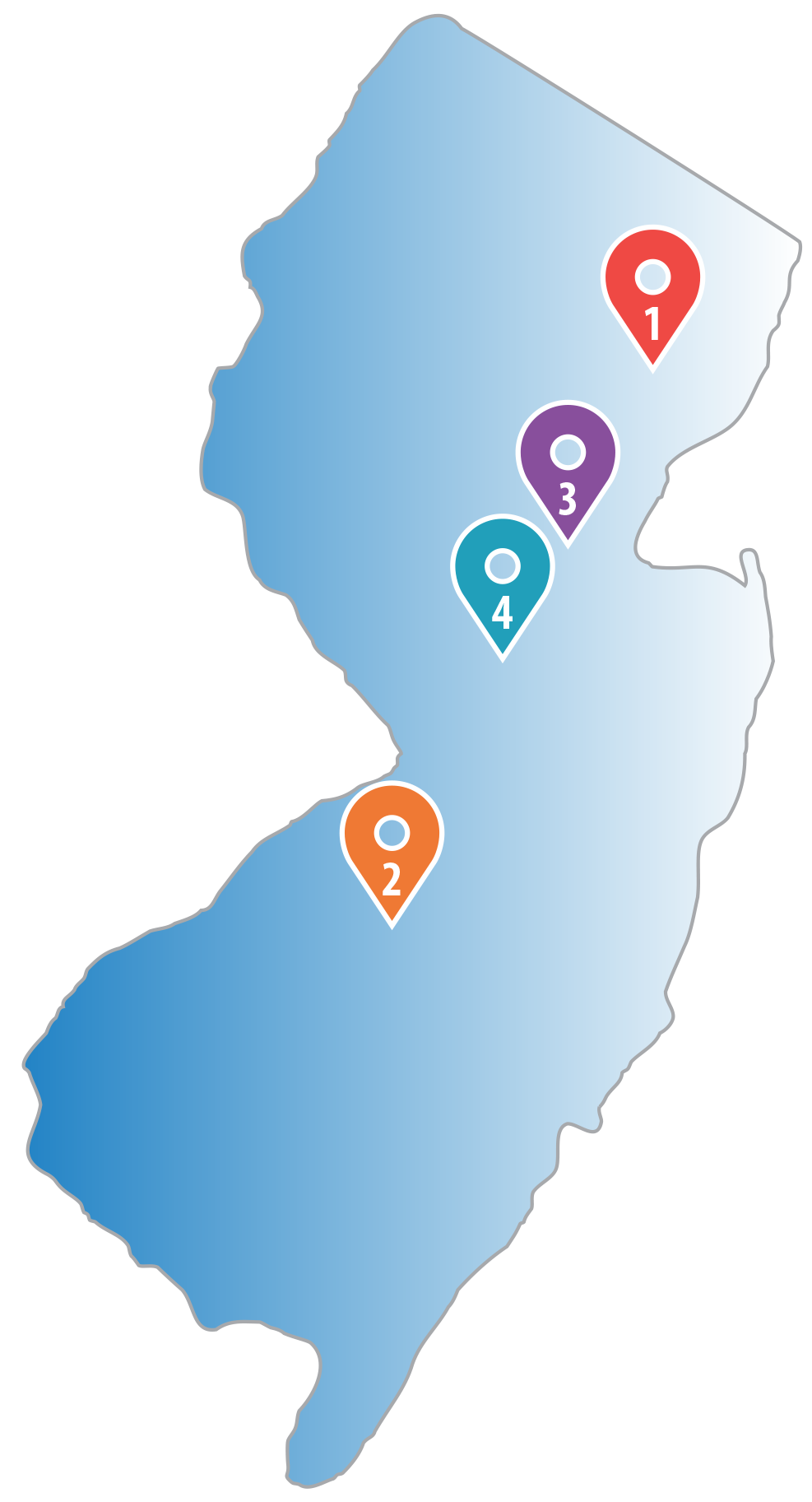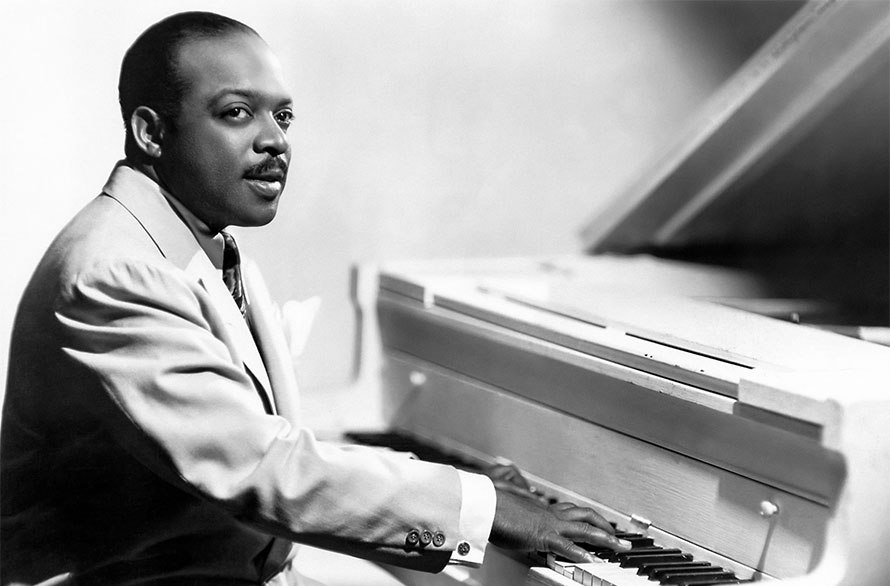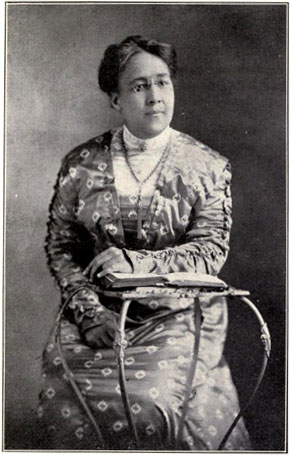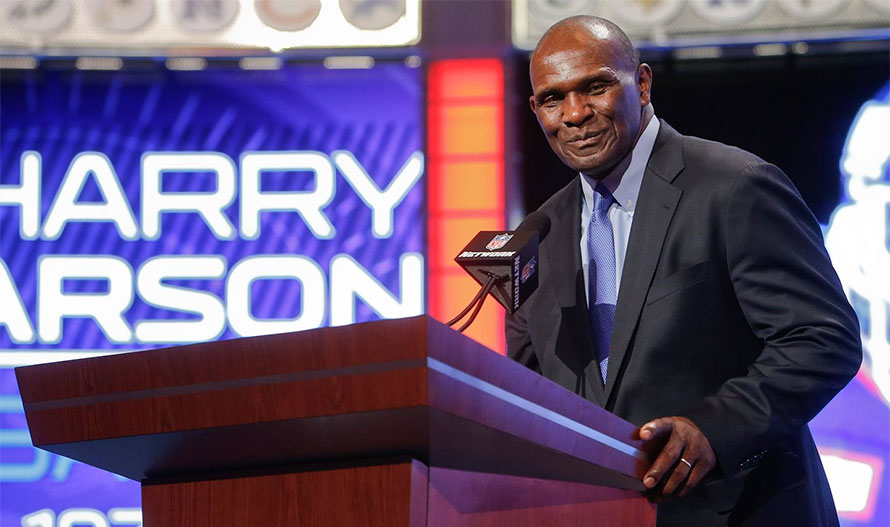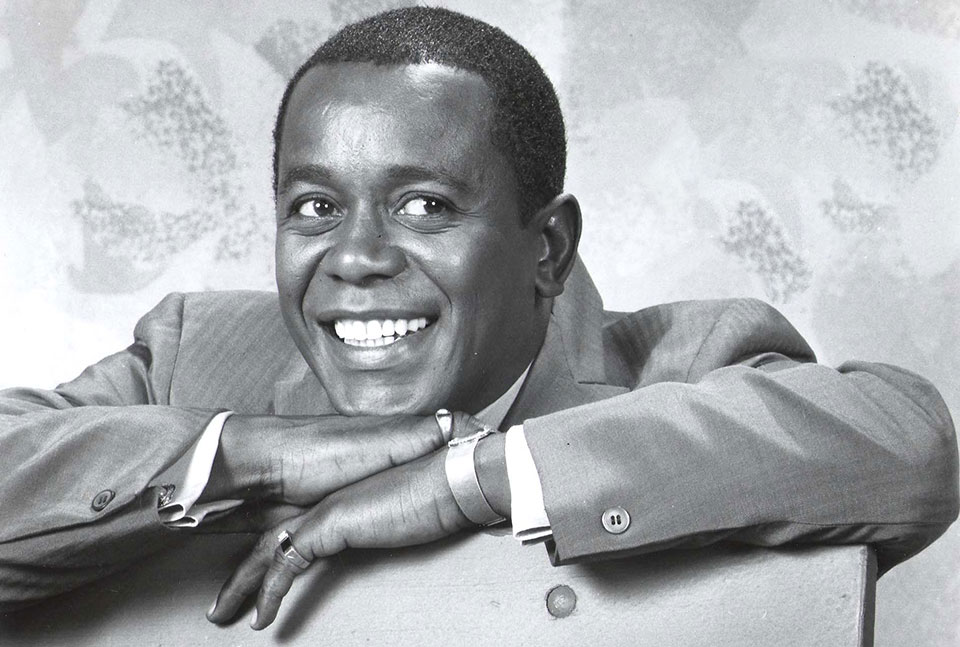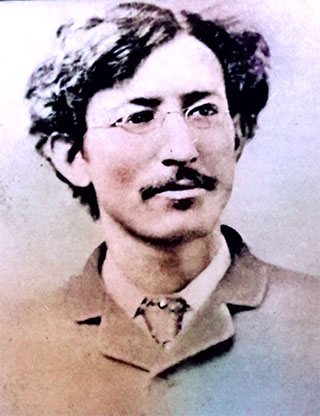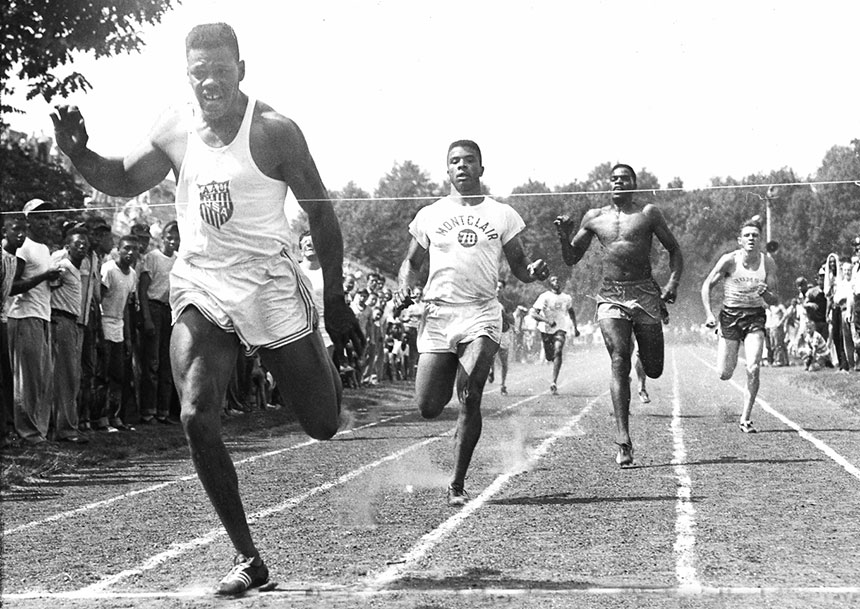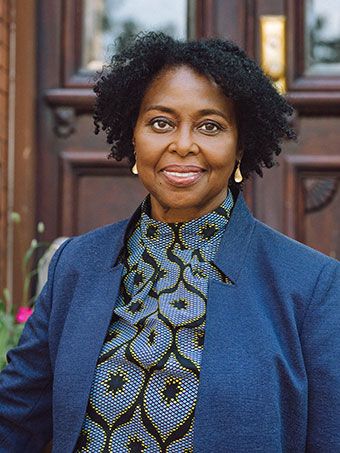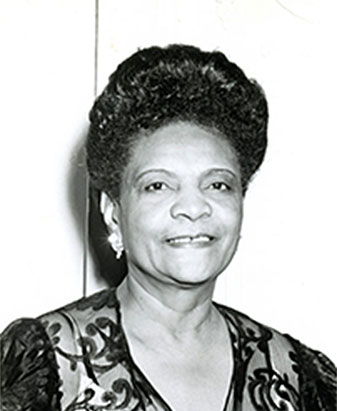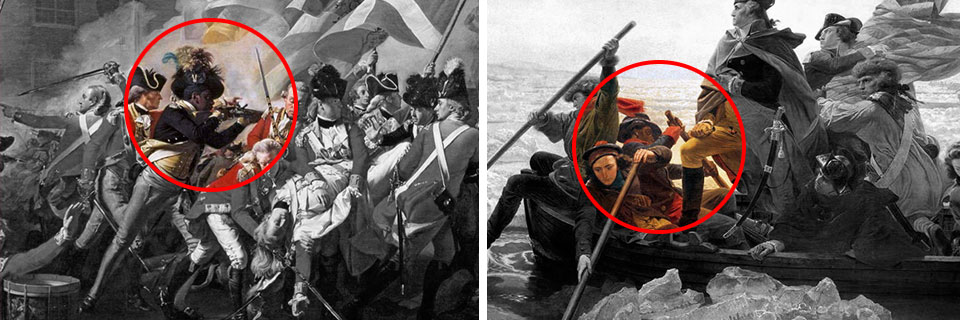This Jersey native put the jump in the “One O’Clock Jump”
Born in Red Bank in 1904, the musically inclined Basie first took up the piano in high school and worked at the Palace Theater in Red Bank providing musical accompaniment to silent movies.
He moved to Harlem – the nation’s hotbed for jazz -- around 1920 and eventually took up with several touring acts and big bands. Basie settled in the Midwest with the Bennie Moten Band where his developing style allowed him to arrange many of the band’s numbers in a signature swing style that would soon sweep the nation.
Basie formed his own band called the Barons of Rhythm, and during this time a local broadcaster gave Basie the nickname “Count” in response to the more famous bandleader Duke Ellington.
Basie’s Barons of Rhythm moved to Chicago in 1936 and New York City in 1937 where in addition to live performances, they were played regularly on the radio and soon found themselves in recording studios making records.
Although the Big Band sound waned after World War II, Basie’s orchestra continued to swing. He was a frequent guest on television variety shows and in 1960, his orchestra played at one of John F. Kennedy’s inaugural balls.
A music pioneer in every sense of the word, Basie accumulated scores of awards. In 1958, he became the first Black male to win a Grammy; four of his recordings were eventually inducted into the Grammy Hall of Fame – “One O’Clock Jump,” “April in Paris,” “Everyday I Have the Blues,” and “Lester Leaps In.” He would win eight more Grammys, the last one in 1984.
Basie died in April, 1984 and soon thereafter was posthumously awarded the Presidential Medal of Freedom by President Ronald Reagan.
Basie was inducted into the NJ Hall of Fame in 2010 and the Blues Hall of Fame in 2019.
And the refurbished downtown theater in his hometown of Red Bank is now called the Count Basie Center for the Arts.


